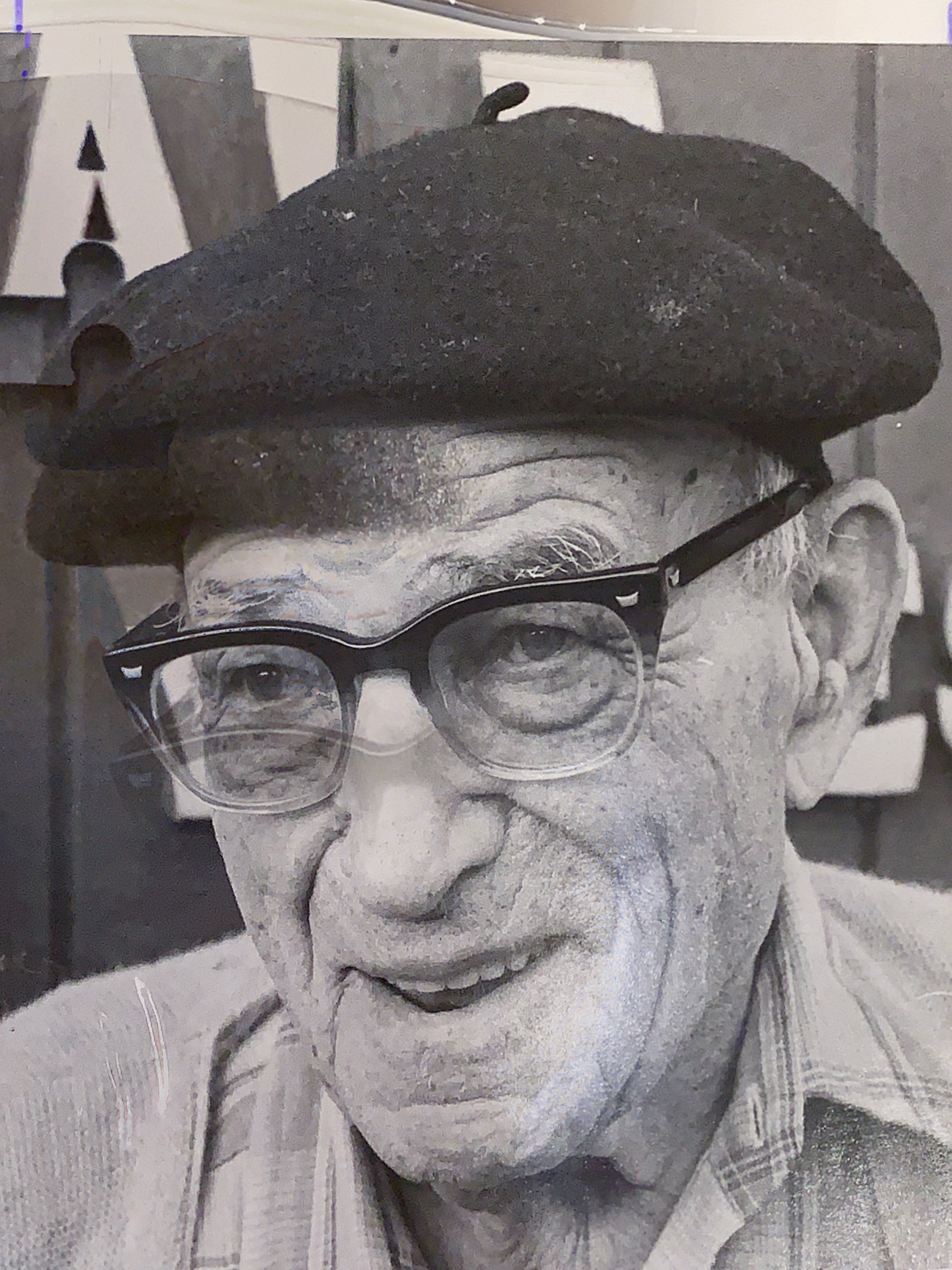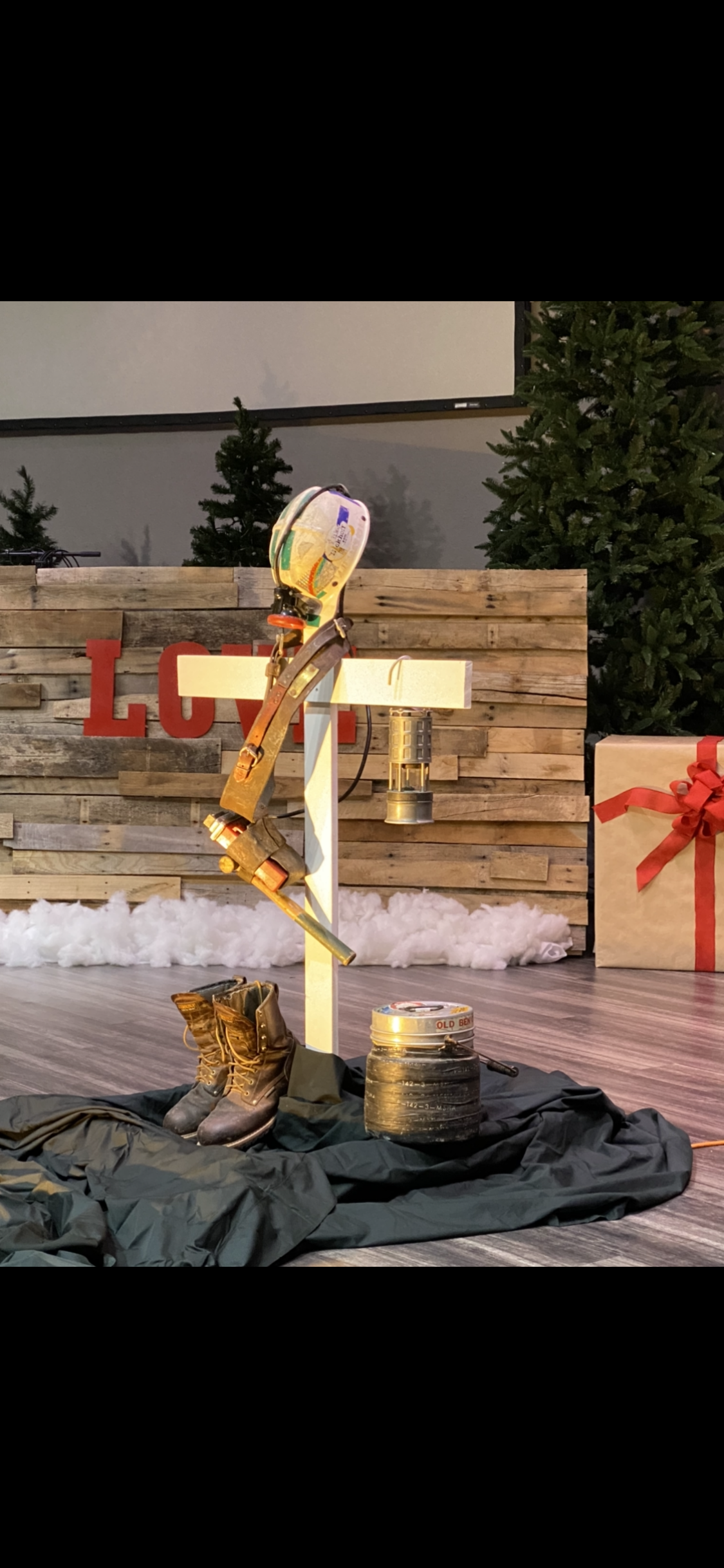One of my dogs, Plotinus, thinks he’s entitled to room service. In the morning, when I’m lying in bed trying to finish an essay, he stands at my bedside barking maniacally, but when I get up, he immediately lies back down rather than follow me into the kitchen. When I climb back in bed and reopen my laptop, he starts in again, and it’s as if someone has put an amplifier on a piano and is banging on one emphatic note - a high C - over and over. I stand up again. He plops back down.
Plotinus wants me to go into the kitchen while he lies there, stir up a little canned food into two cups of dry food, walk it back into the bedroom, and lay it in a precise spot between his front legs. Plotinus eats lying down, and if I set the bowl beside him in the wrong place, he’ll stare at me like I’m some kind of idiot, which of course I am since I follow his unspoken but extremely clear orders to a ‘t’.
I brought Plotinus, along with his litter mate Damasio - we call them Tinus and Damsi - home from a shelter more than nine years ago. When I arrived at the shelter, which was really a person’s home licensed as a shelter, there were easily 100 dogs running around the house and yard and barking from kennels in the side of the yard. Tinus was playing happily with other dogs in the yard while Damsi was hiding, terrified, under a bed. It took a long time to coax him out and when I finally did, he streaked across the room and into my lap, which should have been my first clue that he would be a sociopath the rest of his life, which he is. I had come for only one of them but of course I took them both.
In college I had written a number of papers on Plotinus and Antonio Damasio (the scientists, not the dogs) so I thought it would be original and cool to give them lofty names, but I should have named them Bessie and Elsie because both of my dogs graze like cows every day in the yard. When I let them out to do their business, they walk along the edge of the creek where the weeds have grown up with the wildflowers, snatching up strands of grass, and looking at me while they chew, long pieces of green hanging from the sides of their mouths.
The dogs are male litter mates, Labradors, weighing around 100 pounds each now, and are completely opposite in their personalities. Damsi would sprout gills and live in our creek if that were possible. Let a few drops of water splash from the sink around Tinus, though, and you’d think he was a cat who thought we were trying to drown him.
The other day when I was walking them, Damsi ran into the creek as usual and when he came out, Tinus crept cautiously to the edge to get a drink, at which time Damsi decided he wanted to go back in. He plowed into Tinus (Damsi’s sole method of movement) and knocked Tinus into the creek. Tinus’s legs splayed in four directions and he froze in terror, so I went down to get him, but I slid and fell into the creek in my hiking shoes, socks, and blue jeans. While I was trying to get up and save Tinus at the same time, Damsi charged me as if he were a bull, knocking me back into the creek, simply because Damsi hasn’t figured out the difference between solid things and air.
If I throw a ball for Damsi he looks at me as if to say, “Excuse me. Did you not realize that cows don’t chase balls?” Tinus, on the other hand, goes after balls like a narcissist in a house of mirrors. Once, when we were walking past an outdoor basketball game, Tinus darted into the middle of the court, chomped down on the ball, and resumed his walk. You couldn’t have pried that basketball loose with a hydraulic rescue spreader. When the kids grabbed a second basketball, Tinus went after that one, also. At one point, he had three now-deflated basketballs sticking out of his mouth, and had destroyed three others before we could drag him away. We had to make a three-hour round trip into town to buy the kids new basketballs.
Damsi remembers all of those dogs at the shelter and has for 9-1/2 years acted nutty around other dogs and humans. When I used to take him to the dog park, he’d immediately tie into some breed that could rip out his stomach in one chomp, like a pit bull or a Rottweiler, then run and hide in between my legs. I’d stand there while the shocked Doberman gathered his wits and bared his fangs and charged me, unable to get to Damsi. Damsi also gets stressed when we have company and humps them until they leave. Then he humps me as if to say, “You witch. Don’t you ever bring those god-awful kids back into my house.”
Tinus, on the other hand, dribbles delight everywhere. I’ll coo-talk to Damsi, and Tinus, who sleeps right next to his food dish during the day because that’s his happy place, will flit his tail back and forth. He knows I’m talking to Damsi but he doesn’t care. He’s delighted by the sound of my voice and the good words coming out of my mouth. He apparently has a lot of happy dreams because throughout the night, in his bed beside ours, his tail makes thumping sounds on the wood floor.
We live in the mountains and one time a bear came and plastered its face onto our window, about two feet from where my dogs were sitting, and they went absolutely wild. The bear stood there for a good while, staring at them, and then ambled off, looking over its shoulder from time to time at my dogs as if they were brain-damaged, which they are. Another time my dogs charged a giant moose that was grazing with her baby and the moose had the same reaction as the bear. A small piece of wire fencing separated my dogs from the moose, and my dogs, apparently baffled that the moose wasn’t running from them, stood dumbfounded and stared at it for at least 15 minutes. I’m pretty sure they were simply wondering if that was gourmet grass over there and could they have some, please?
Between my two dogs, they’ve split open a stomach when trying to jump a decorative fence, almost died from the venom of a baby rattlesnake, tore two CCL’s, had seizures for two years, had some sort of tic-related disease, and suffered from anal bleeding that sent one to the emergency vet. We estimate that in less than a decade we’ve spent about $35,000 on food, medicine, shots, blood work and other vet bills, toys, treats, grooming, emergency visits, surgeries, petsitting, and fencing in the yards of two different homes.
Yet when I thought my dogs might be in danger from a creek so fierce it nearly wiped out our town seven years ago, I jumped in to save them (even though I might have thought about it for a half hour first). I can be livid with my husband over his half-second attention span and when my dogs walk in, I’m like, “awwww come here and get love, babies, what good boys, I love you sooooo much” even though they are on equal footing with Bob for driving me crazy on a daily basis. I have a couple of small spots reserved on the living room furniture for Bob and me, guarded by piles of pillows when we aren’t sitting there, but otherwise, the dogs have their choice of seating. And that’s even though they shed enough for me to open a Build-A-Dog business and sell a dozen toy doggies a day. Bob usually gets the third kiss when I arrive home.
I admit I don’t understand our attachment to and love for our dogs except that they know when they’re being cute and take advantage of it, know exactly how to place their heads on your leg when they want table scraps, are the absolute best cuddlers in the world, and are always scattering globs of happiness around the house - in addition to poop and vomit from all that grass-eating. I’ve had dogs since I was a toddler, but I swear these will be my last. I’m tired of my life revolving around dogs. Then I boil an egg to put on their dry food, slip them a piece of the expensive reserve cheese I just bought, and Bob and I know I’m lying. Although lately I’ve been thinking a lot of about cows. They don’t shed. They don’t lie on furniture. They don’t bark....












